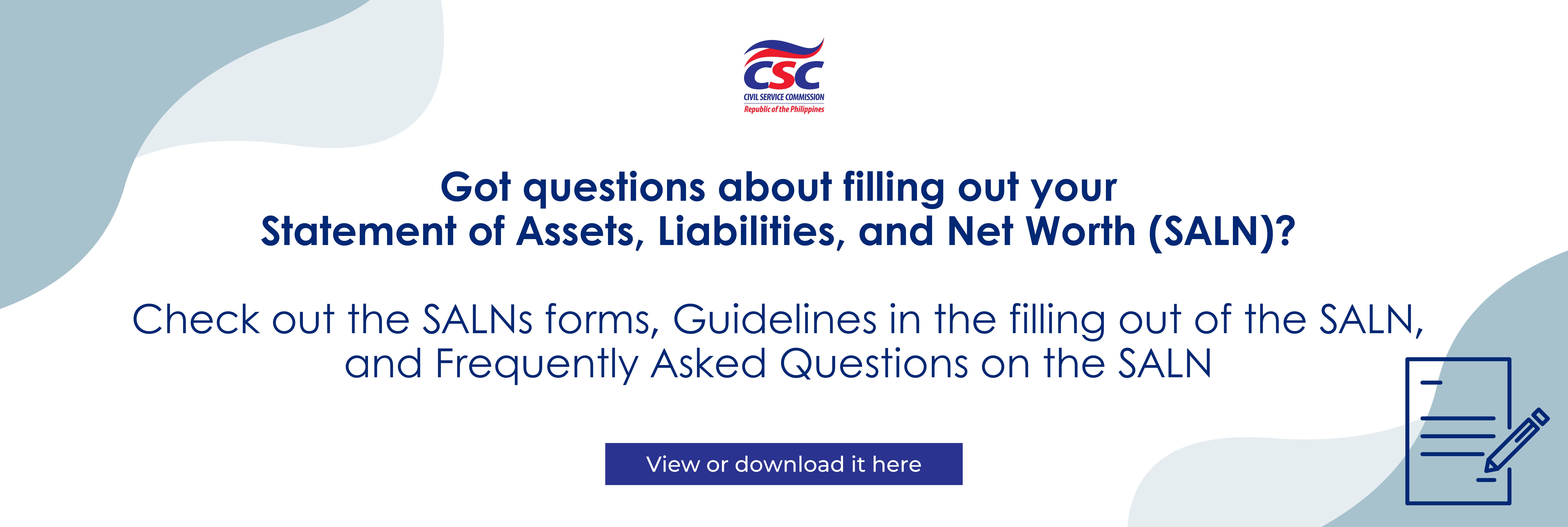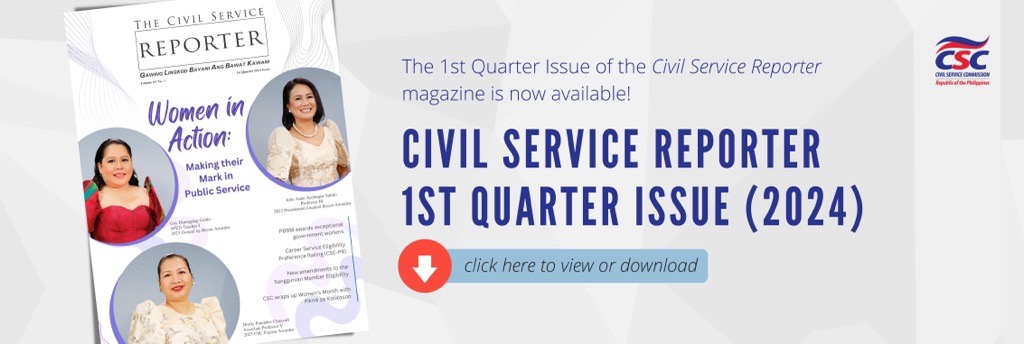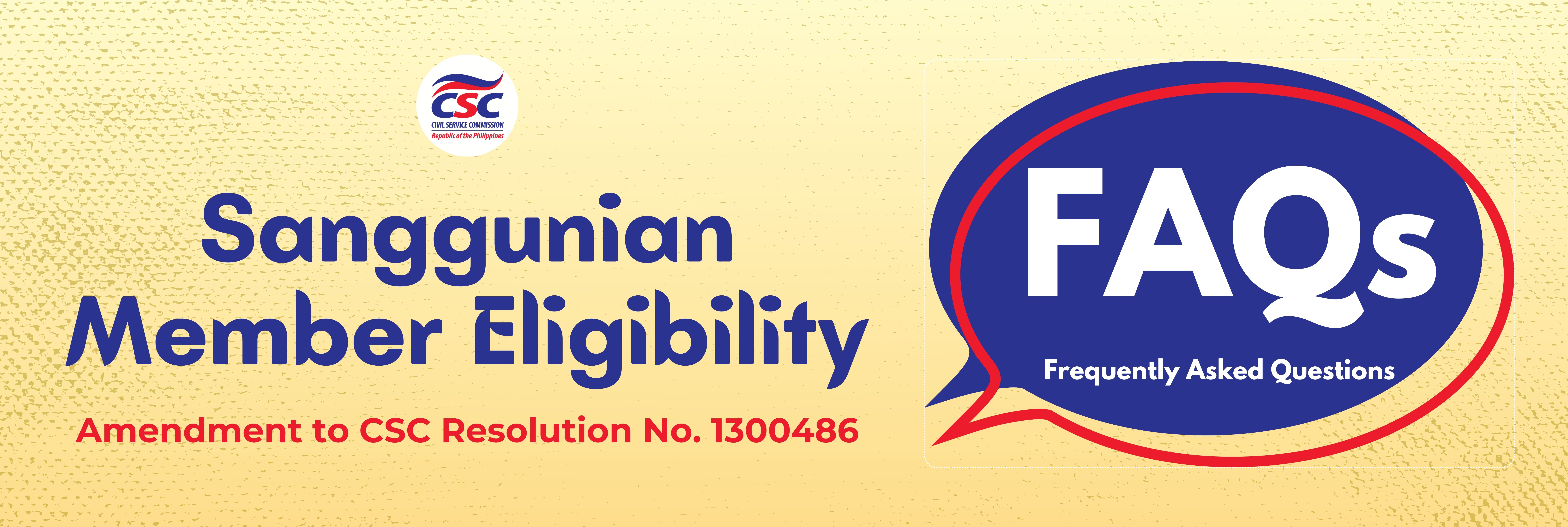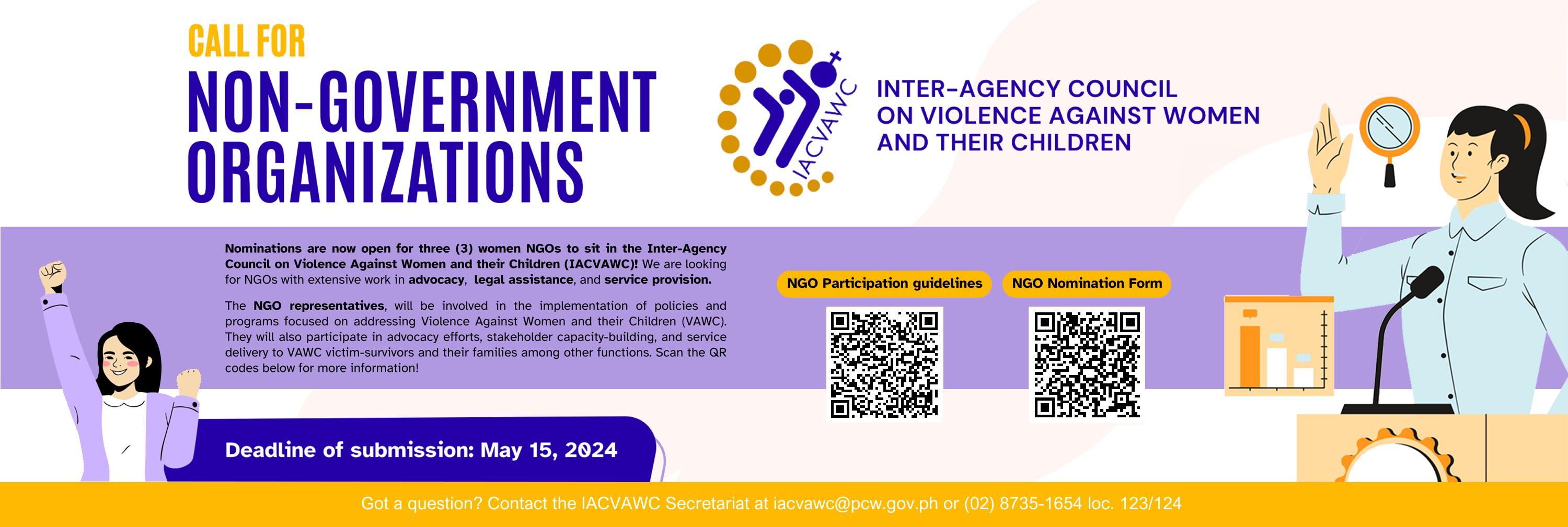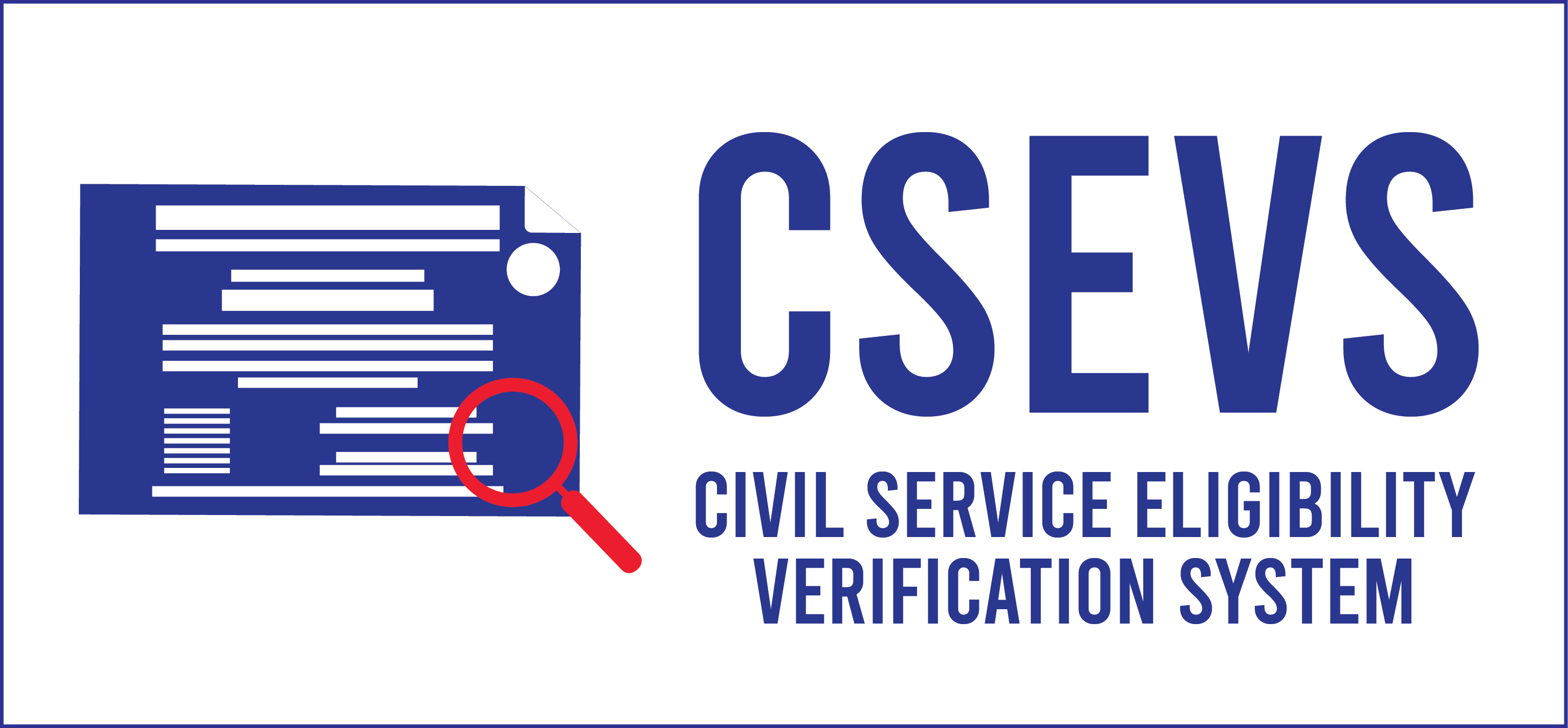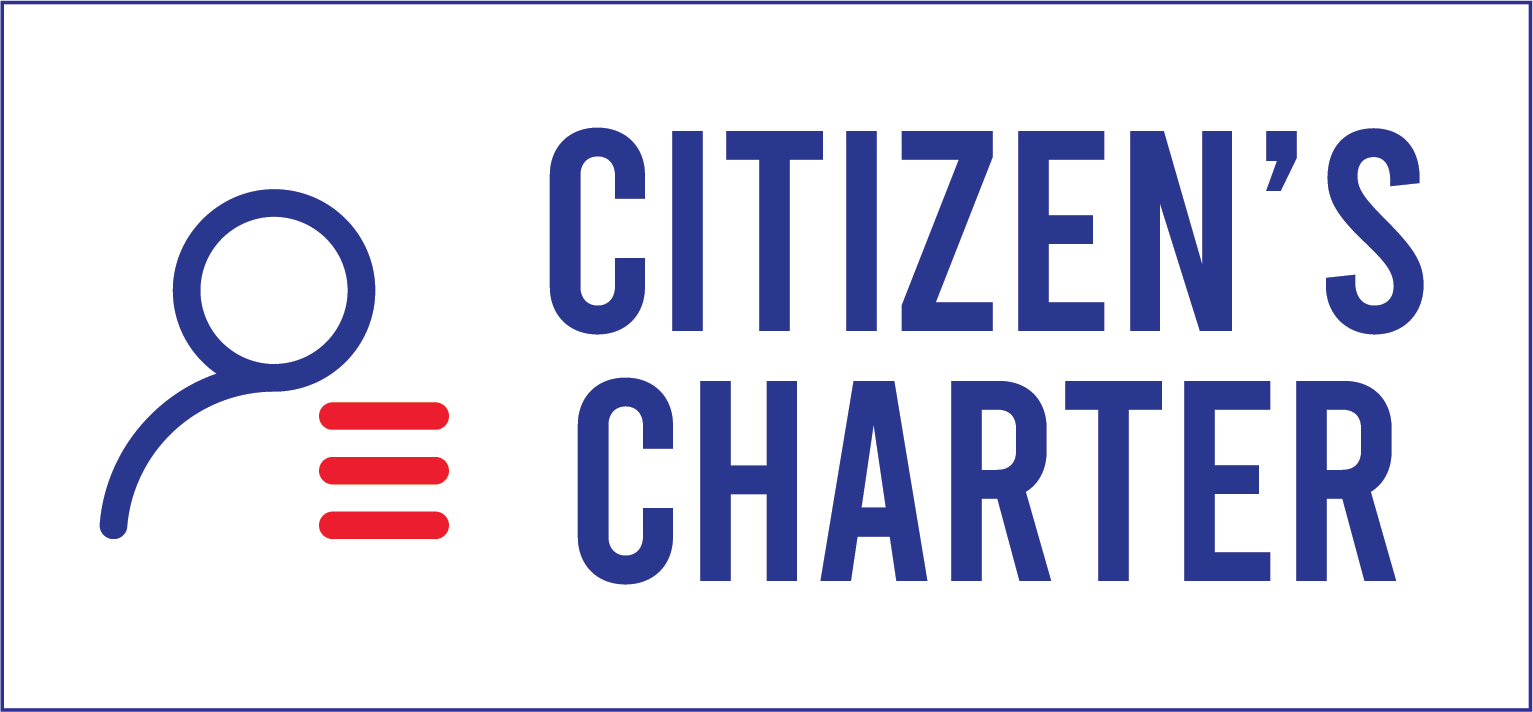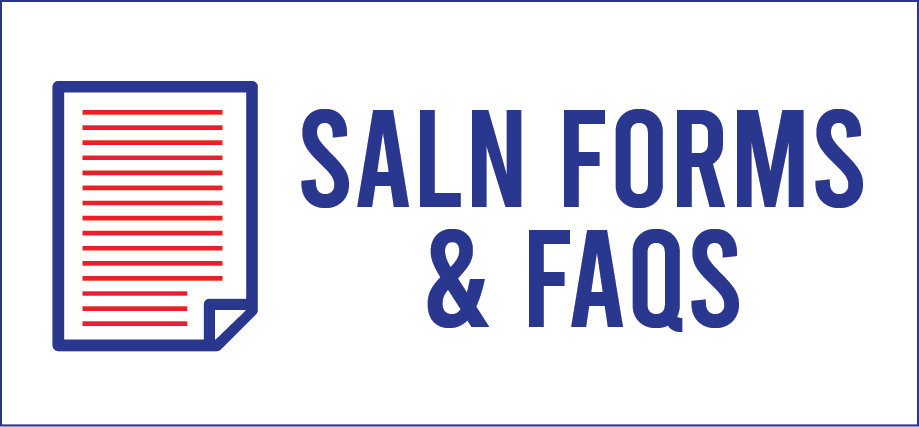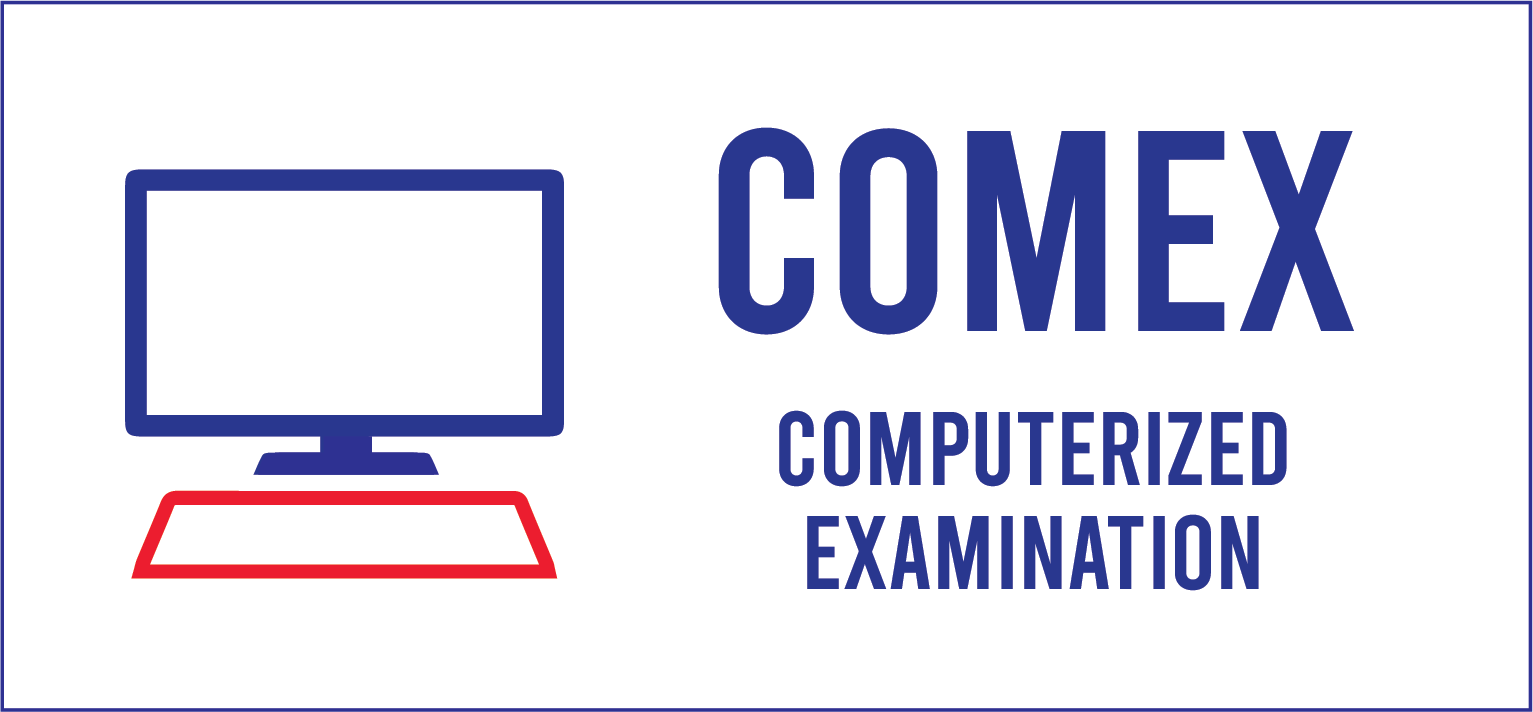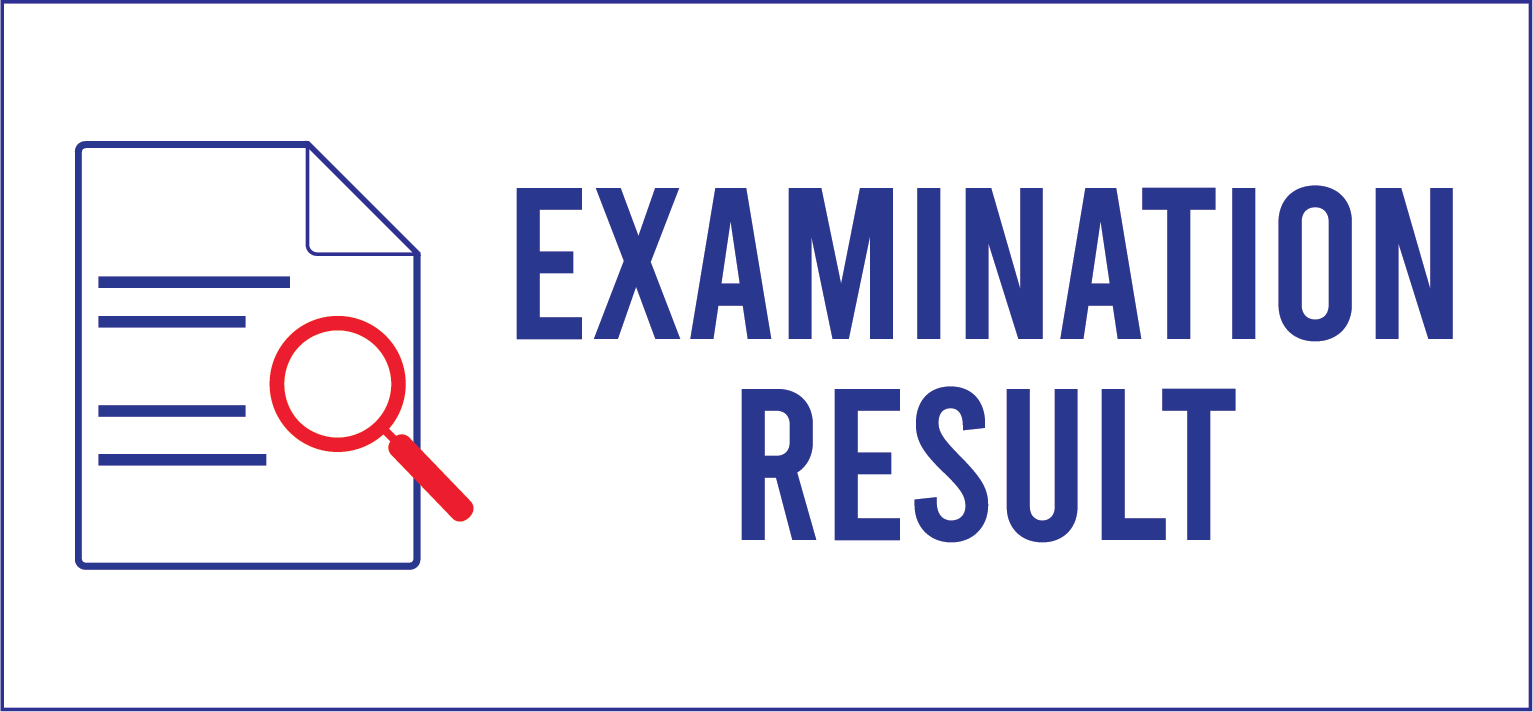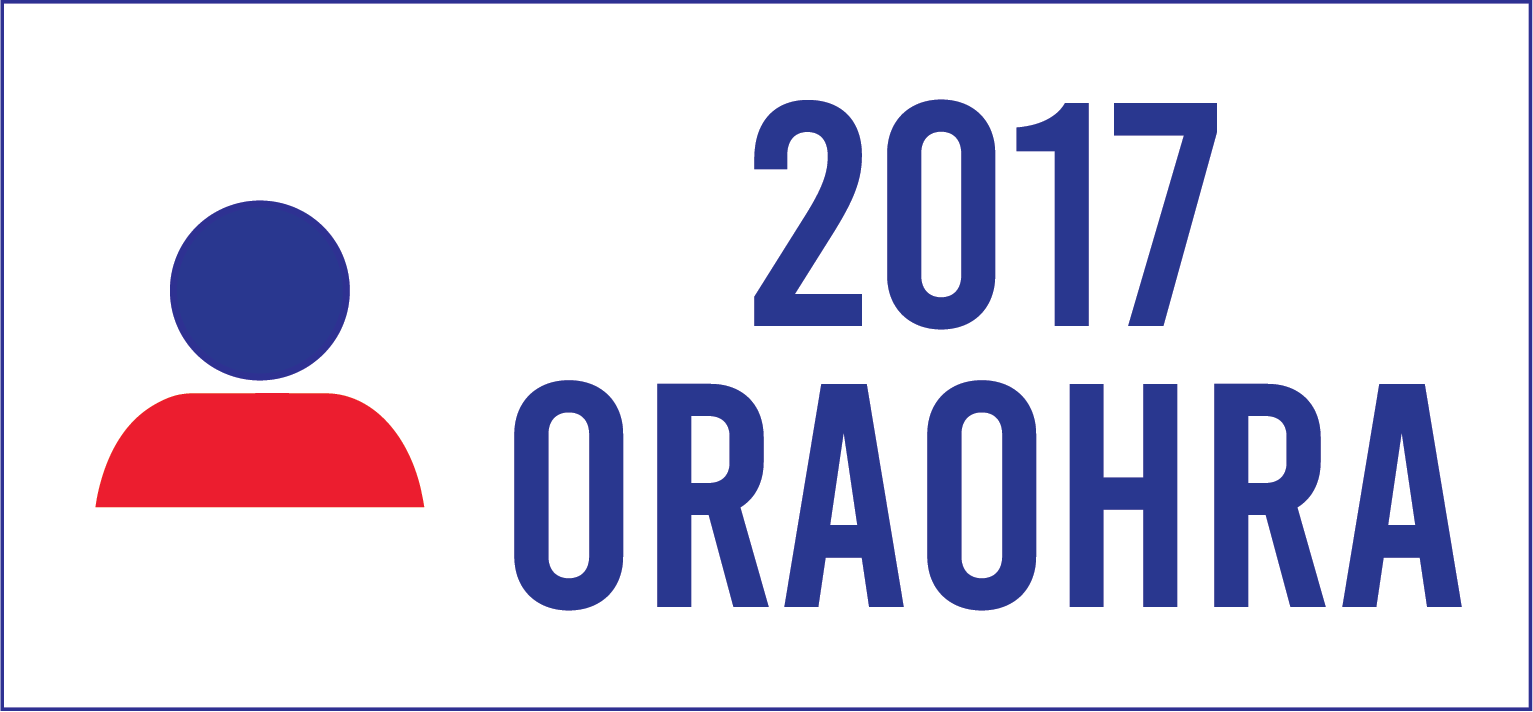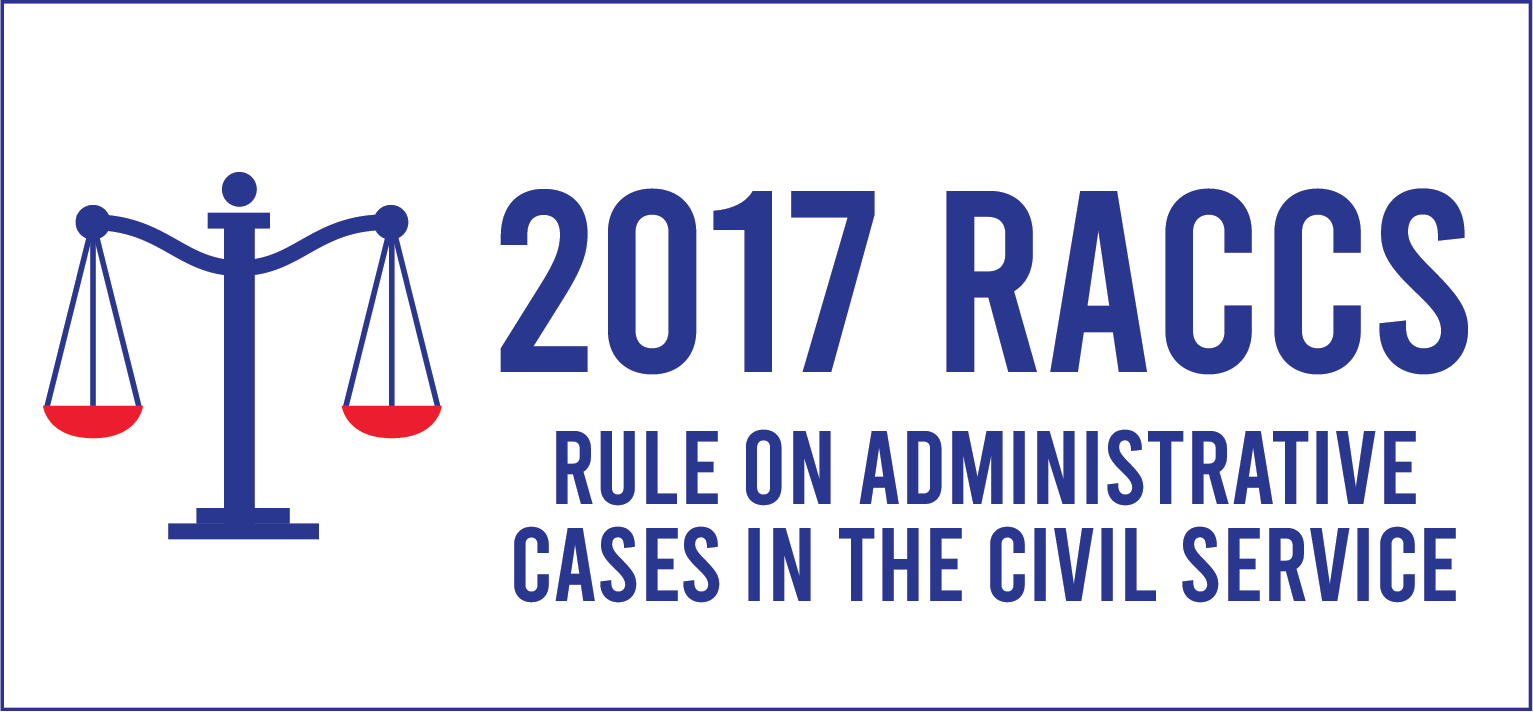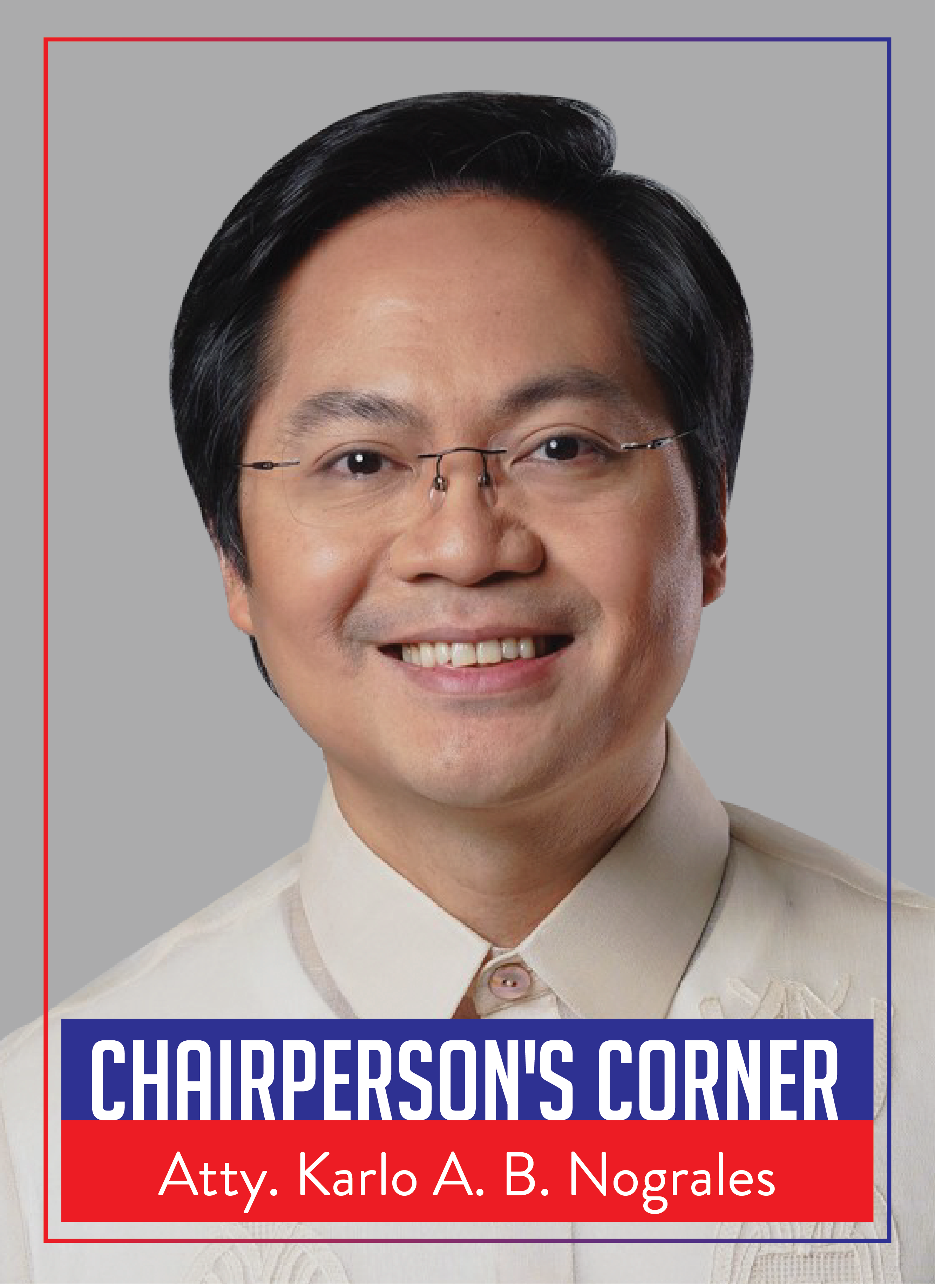Amid the celebration of National Women’s Month this March, the Civil Service Commission (CSC) urged government agencies to reassess their human resource (HR) systems and policies toward ensuring a more inclusive and supportive workplace for women.
The CSC said that women comprise 55% of the civil service (pegged at 1,755,424 as of August 2021), and are and should be treated as essential partners in governance and nation-building.
CSC Chairperson Karlo Nograles said that, while economic participation of women in the civil service can be considered high, there is a need to take a deeper look into how they are actually faring at work. “Are there factors making it harder for women to go up the career ladder? Do women find it doubly challenging to keep up with the demands of work, considering their multiple roles in the household and at the office? Are there open communication lines and formal systems in place that can encourage women to speak up about sexual harassment, prejudice, and other workplace issues?”
Chair Nograles added that agencies are duty-bound to strictly implement existing policies that address the specific gender needs of women, particularly those relating to special leave benefits, equal employment opportunity, and protection and prevention against sexual harassment.
Special leave benefits provided by law include:
• 105 days of maternity leave with full pay for female employees who underwent live childbirth regardless of the mode of delivery, and 60 days with full pay for cases of miscarriage or emergency termination of pregnancy, with option to extend the maternity leave in case of live birth for another 30 days without pay or use her earned sick leave credits for extended leave with pay, and an additional fifteen (15) days in case the employee qualifies as a solo parent under Republic Act No. 8972, or the "Solo Parents’ Welfare Act," as provided under R.A. No. 11210, or the “105-Day Expanded Maternity Leave Law”;
• two-month paid leave for qualified public sector female employees who have undergone surgery due to gynecological disorder as provided under R.A. No. 9710 or the Magna Carta of Women and its IRR;
• seven-day paid leave for solo parents pursuant to R.A. No. 8972 or the “Solo Parents’ Welfare Act of 2000”;
• 60-day paid leave for employees who are adoptive parents as provided under R.A. No. 8552 or the “Domestic Adoption Act of 1998”; and
• 10-day paid leave for women and/or their children who are victims of violence as defined under Republic Act No. 9262 (Anti-Violence Against Women and their Children Act of 2004).
Meanwhile, the CSC’s 2017 Omnibus Rules on Appointments and Other Human Resource Actions, as amended, ensures not only standard procedure but also fair and equal treatment of individuals in the areas of recruitment, selection, appointment, promotion, and other HR actions.
Agencies are also encouraged to adopt Equal Employment Opportunity Principle guidelines to remove barriers and discrimination during the selection process or in participating in or accessing learning and development interventions on the basis of sexual orientation, gender identity, and gender expression (SOGIE), civil status, disability, religion, ethnicity, or political affiliation.
In its Resolution No. 2100064 dated 20 January 2021, circularized via Memorandum Circular No. 11, s. 2021, the CSC amended provisions of the 2017 Rules on Administrative Cases in the Civil Service, pertaining to the offense of sexual harassment. Specifically, it expanded the definition of sexual harassment as an administrative offense, and reiterated the duties and responsibilities of the Committee on Decorum and Investigation (CODI) as well as the head of the agency in deterring the occurrence of sexual harassment cases within the agency.
In the said Resolution, the administrative offense of sexual harassment was expanded to include sexual harassment in streets and public spaces which is committed through any unwanted and uninvited sexual actions or remarks against any person regardless of the motive for committing such action or remarks. Acts constitutive of sexual harassment in streets and public spaces are those performed in buildings, schools, churches, restaurants, malls, public washrooms, bars, internet shops, public markets, transportation terminals or public utility vehicles. Acts may include catcalling, wolfwhistling, unwanted invitations, misogynistic, transphobic and sexists slurs, persistent uninvited comments or gestures on a person’s appearances, relentless request for personal details, statement of sexual comments and suggestions, public masturbation or flashing of private parts, groping, or any advances, whether verbal of physical, that is unwanted and has threatened one’s sense of personal space.
The expanded definition also includes online sexual harassment, which consists of acts that use information and communication technology in terrorizing and intimidating victims through physical, psychological, and emotional threats, unwanted sexual misogynistic, transphobic, homophobic and sexist remarks and comments online, whether publicly or through direct and private messages.
The CSC also called for the strengthening of the CODI in government agencies. An active and working CODI would not only deter sexual harassment offenders but also embolden victims to come forward and seek legal remedy.
CSC Resolution No. 2100064 strengthens the role of the CODI in a government agency and averts possible delays in their investigation of complaints of sexual harassment.
Among the duties of the CODI is to ensure that the complainant does not suffer from retaliation or any disadvantage in terms of benefits or security of tenure, as well as to guarantee the observance of due process, gender-sensitive handling of the cases, and confidentiality of the identity of the parties involved.
Notably, the policy also requires that the CODI “be headed by a woman and not less than half of its members shall be women.”
“The CSC is prepared to work with government agencies to introduce reforms or adjust HR policies that would further empower women and achieve greater gender equality in the public sector workplace,” Chairperson Nograles said.

